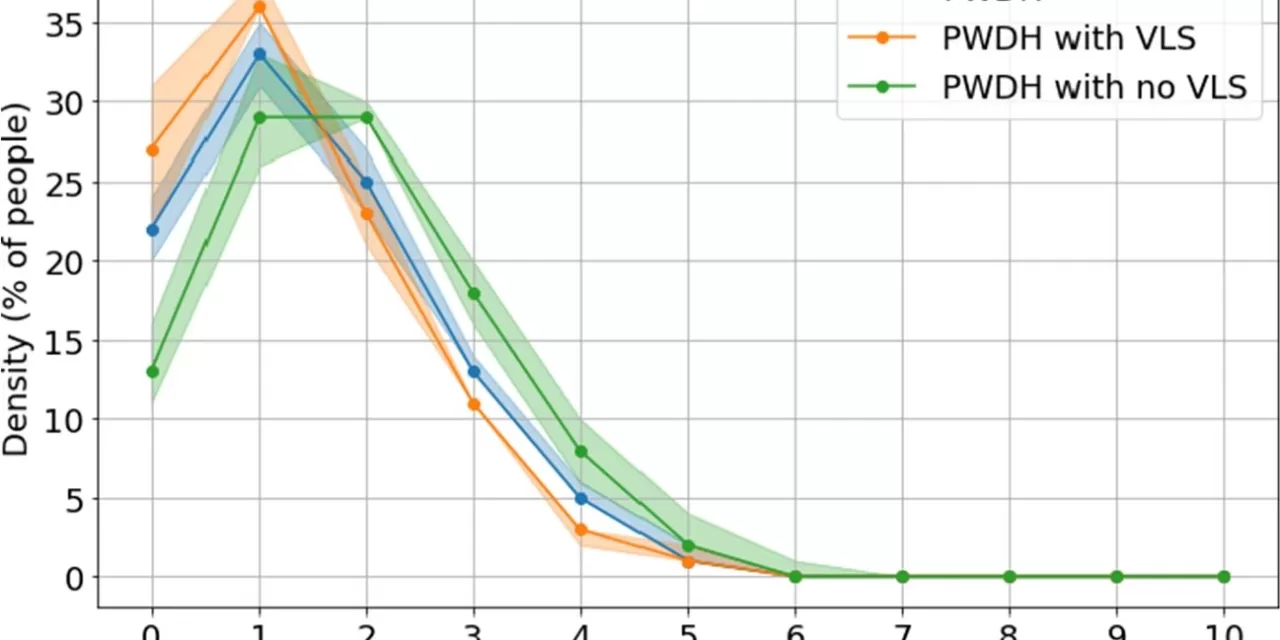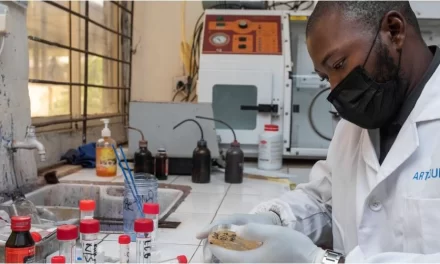Amherst, MA – A new study from the University of Massachusetts Amherst has revealed the significant impact of social factors on the spread of HIV. Researchers found that addressing social barriers like poverty, homelessness, and lack of insurance could reduce national HIV incidence by 29% over a decade.
The study, published in Health Care Management Science, utilized a novel model integrating machine learning and probability theory to analyze the interplay of social factors and HIV risk. While effective medication exists to suppress the virus, social vulnerabilities continue to drive the epidemic.
“HIV strikes me as something we should be able to eliminate, but it’s really the social vulnerability that is driving the epidemic,” says Chaitra Gopalappa, associate professor of mechanical and industrial engineering at UMass Amherst.
The model demonstrated that 78% of people with diagnosed HIV are impacted by at least one social factor, such as poverty, homelessness, or lack of insurance. These factors create barriers to accessing treatment and care, leading to increased transmission.
“Just having behavioral interventions is not going to be sufficient,” says Gopalappa. “Our work helps determine the joint social burden and how it relates to HIV risk behaviors.”
The study emphasizes the importance of addressing social determinants of health, such as poverty and lack of access to healthcare, in preventing HIV transmission. By investing in social programs like housing assistance and food security, policymakers can not only reduce HIV spread but also improve overall public health outcomes.
“The decision-making process for each of these diseases occurs by different entities, but it is in the same people,” says Gopalappa. “So, how do we integrate all of these interventions for decision analysis? This is one part of a long-term goal to develop a tool that helps resource allocation strategies.”
This research provides valuable insights for policymakers and public health officials in developing effective strategies to combat HIV and improve the health and well-being of vulnerable populations.












